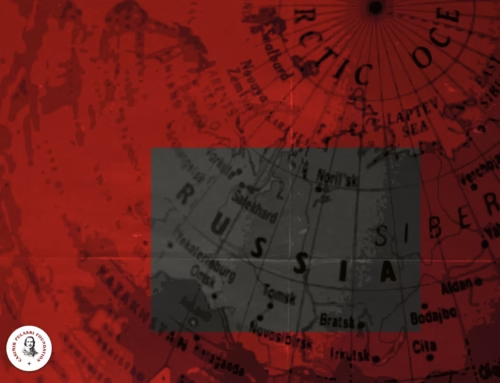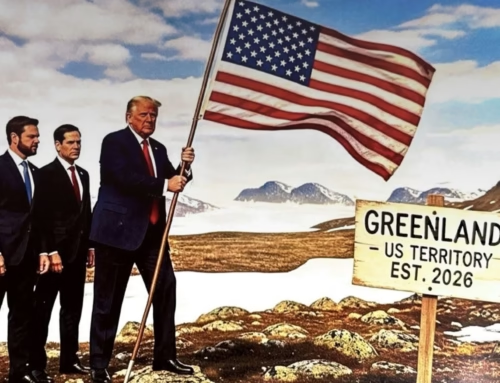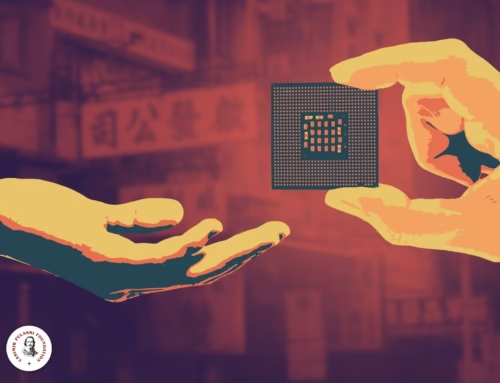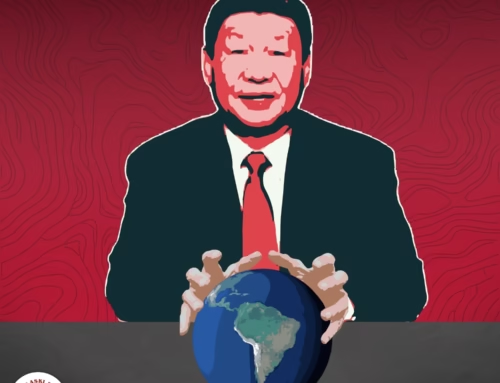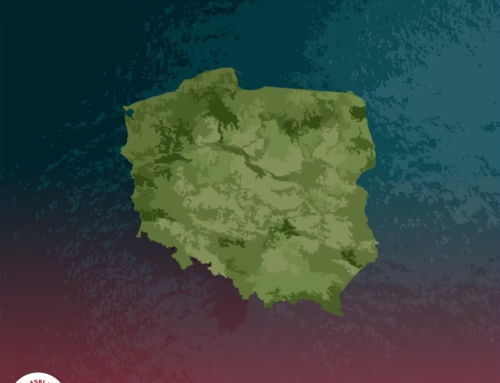Mark Rutte
Autor foto: Domena publiczna

A new era in Dutch politics? A snap parliamentary election in the Netherlands
21 listopada, 2023


Mark Rutte
Autor foto: Domena publiczna
A new era in Dutch politics? A snap parliamentary election in the Netherlands
Autor: Karolina Olszowy
Opublikowano: 21 listopada, 2023
As the Netherlands goes to the polls on November 22 for a snap parliamentary election, a new era will begin in Dutch politics. After 13 years as Prime Minister, Mark Rutte, the second longest ruling EU leader, has resigned. His position may be filled by the first female prime minister, Dilan Yeşilgöz. What’s more, the party taking the lead in the polls was formed just three months ago. The party landscape in the Netherlands is widely divided and there may be around 16 parties in the government. For Europe, these elections matter because the Netherlands often plays the role of intermediary when concluding agreements with the EU.
On 7 July 2023, the Dutch government collapsed after not being able to reach an agreement on tightening a migration policy. The idea was to reduce the number of family members who could join asylum seekers in the country and to introduce a two-year waiting period for reunification. Shortly afterwards, Rutte announced that he was stepping down from national politics, which meant that the Netherlands would get a new leader, but it is difficult to predict who it might be. Rutte, on the other hand, is being considered as the new Secretary General of NATO. According to the NOS website, he can count on the support of France, Germany and the UK[1], while sources of the biggest Dutch daily paper, De Telegraaf also report about the backing of both Joe Biden and Donald Trump[2].
According to the latest polls, three parties are fighting for the lead. Rutte’s People’s Party for Freedom and Democracy (VVD) with its new frontrunner, Dilan Yeşilgöz, the current justice minister, has 18% support. The VVD is a liberal-conservative party that wants to implement a two-tier refugee programme, eliminate the right of permanent residence, allow citizenship only after 10 years, limit rents, increase the construction of private houses and strengthen the geopolitical role of the EU.
Pieter Omtzigt’s party, the New Social Contract (NSC), which is only three months old, enjoys similar support. Omtzigt is popular due to his role in exposing a scandal in 2019 when more than 20,000 families were wrongly found to be fraudsters and stripped of child benefits[3]. He wants to reduce migration to 50,000 people a year, abolish subsidies for electric cars and solar panels, which he says benefit the rich and improve financial security for low-income families thanks to tax system reform.
The third major party with around 16% support in the polls is the Green-Labour Alliance (GL/PvdA), led by Frans Timmermans, who resigned as EU climate commissioner for campaign purposes. He promises to increase the minimum wage, raise taxes on large companies and high earners, support social housing and invest in clean energy.
Not to be neglected is the right-wing populist party, The Party for Freedom (PVV), which opposes immigration, Islam and the European Union. According to polls, it can count on around 13% of the vote. A government coalition could also feature some of the minor parties. These include the progressive-liberal party The Democrats 66, The Party for the Animals or the right-wing conservative party The Farmer-Citizen Movement. In total, there are 26 parties taking part in the elections, of which any party that gains 0.67% is guaranteed a seat in the 150-member government.
What are the main issues?
One of the main contentious issues is migration, on which disagreements have led to the collapse of the government. It is an area of significant concern because almost two-thirds of the Dutch want a reduction in the number of asylum seekers. This is linked to the second major issue, which is the housing deficit. The shortage has become so severe that there are as high as nine times as many house seekers as there are flats for sale. It also impacts soaring rents in major cities, which has even resulted in more than 100,000 people signing a petition calling for more affordable housing. On top of this is the problem of the ever-increasing cost of living, shopping and energy prices, which has put some 830,000 people below the poverty line. For 18-34 year-olds, it is money worries that have a crucial influence when deciding who to vote for in the upcoming elections. For the Dutch, the rising cost of living also translates into rising healthcare costs. On average, basic care costs €141 per month, but 61% of people fear that they will soon no longer be able to afford it, hence the calls for nationalising healthcare. Last but not least, climate change issues are important, with tens of thousands of Dutch people calling for action on the climate crisis.
How will the new government’s foreign and defence policy change?
For the VVD, a strong NATO translates into Dutch security, hence the party’s emphasis on fulfilling the agreement to spend two per cent of GDP on defence. Protecting allies is also important. Therefore Dutch soldiers are stationed in Romania and Lithuania. The VVD wants to strengthen the role of the EU, as this is a way of promoting Dutch interests. The party identifies Russia and China as threats to the country’s security, and the key issue is to support Ukraine on its way to victory and to become less economically dependent on Beijing.
A similar approach is taken by the NSC, which sees the guarantee of security in NATO, but the national parliament should have the final word on military missions. The party promotes a career in the military by offering a year of service for those in high school and asking employers to allow people to combine a career with being a reservist. The NSC also calls for sanctions on Russia and support for Ukraine, which should be able to become a NATO member.
The Green-Labour alliance sees the need for a more social approach from the EU, which should regulate workers’ rights at the European level. In its view, Europe should also start pursuing a fairer climate policy. On defence and the ongoing war in Ukraine, it is the Netherlands that should take a leadership role in the EU and see to it that tasks are shared.
On the opposite side is the party of the far right. The PVV is betting on the independence of the Dutch armed forces while ruling out the issue of a merger with the German army, which has been raised in previous months. The party is also against sending defence equipment and money to Ukraine, which should be used to strengthen the Dutch military. Furthermore, the PVV wants Turkey to be expelled from NATO. However, the PVV’s slogans will remain just ideas, as the party will not enter the newly governing coalition.
Conclusion
The Dutch parties remain largely united on continuing to impose sanctions on Russia and supporting Ukraine on its way to victory. Help initiatives continue to enjoy strong, if somewhat waning, support from citizens. As the parties at the top of the polls have placed a strong emphasis on migration during campaigning, it can be expected that the debate on reducing migration will be raised by the new government within the EU. However, due to the high political fragmentation in the Netherlands, the exact composition of the new government is difficult to predict, and according to polls at least three parties will be needed to form a coalition.
Author: Karolina Olszowy, external contributor
[1] “Wordt Mark Rutte de nieuwe NAVO-topman?” NOS Nieuws, November 4, 2023, https://nos.nl/artikel/2496569-wordt-mark-rutte-de-nieuwe-navo-topman
[2] “Rutte beschikbaar voor hoogste functie NAVO”, De Telegraaf, October 28, 2023, https://www.telegraaf.nl/nieuws/1356905370/rutte-beschikbaar-voor-hoogste-functie-navo
[3] “Dutch government resigns over child benefits scandal”, The Guardian, January 15, 2021, https://www.theguardian.com/world/2021/jan/15/dutch-government-resigns-over-child-benefits-scandal


